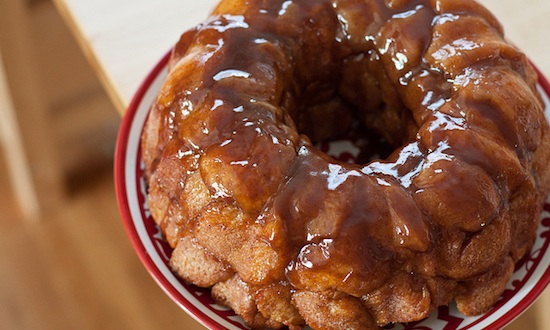Get Brushing: Pets Need Dental Care Too
January 23, 2013
Dogs and cats rarely get cavities, because they don’t eat a diet high in sugar, however; they do suffer from periodontal disease. 80% of dogs and 70% of cats have periodontal disease according to the American Veterinary Dental Society (AVDS).
Periodontal disease begins with gingivitis. Gingivitis starts when saliva and bacteria mix and form plaque, which sticks to the teeth and hardens, resulting in calculus and tartar. It is very noticeable at this stage – swelling, inflammation and infection can be seen just by looking in your pet’s mouth.
Pet Periodontal Disease Warning Signs
There are warning signs – trouble eating or chewing, bleeding gums, and bad breath are the first indicators. If not treated at this early stage with a dental procedure done by your veterinarian, it will progress into periodontal disease which is NOT treatable. Teeth will be damaged and your pet will suffer irreversible bone loss. Teeth will become loose, and may fall out. Weight loss can occur, and your pet can suffer from malnutrition.
But that’s not all … As the condition worsens, the bacteria and infection in your pet’s mouth increases and can spread throughout the body, attacking and causing damage to various organs such as the heart, kidneys or liver. Any of these can cause a premature, preventable death.
Avoiding Pet Periodontal Disease
To help avoid periodontal disease, routinely check your pet’s teeth and gums. If there is anything unusual, get to the vet for a dental exam.
There are several ways to help avoid dental issues:
- Brushing the teeth (with toothpaste made specifically for pets!) is an excellent way to prevent problems. It is not something your pet will love, and can take as long as 4 months for them to accept. Just start slowly and don’t expect miracles in the beginning – patience is required, and sometimes a lot of it.
- Another option out there is an oral hygiene solution. These are simply added to the pet’s drinking water, and as your pet drinks, the solution works on eliminating bacteria and slowing down the formation of plaque.
- There are also dental treats, but be careful; many contain sugars which can exacerbate dental problems instead of helping, so read labels.
- Avoid feeding your pet sweets made for humans – sugar will increase the likelihood of dental disease developing.
Note: There is no truth in the old school thinking that dry dog food cleans teeth and is better for the animal than canned food. Dogs and cats fed either type of food can develop dental issues. To help maintain good dental hygiene, be proactive.
February is National Pet Dental Health Month and many vets offer dental services at a reduced rate during February. It is well worth having a check-up. It will save your dog or cat from pain, poor health and possibly even death. A small price to pay to have your furry companion healthy, pain free and with you for years to come.






